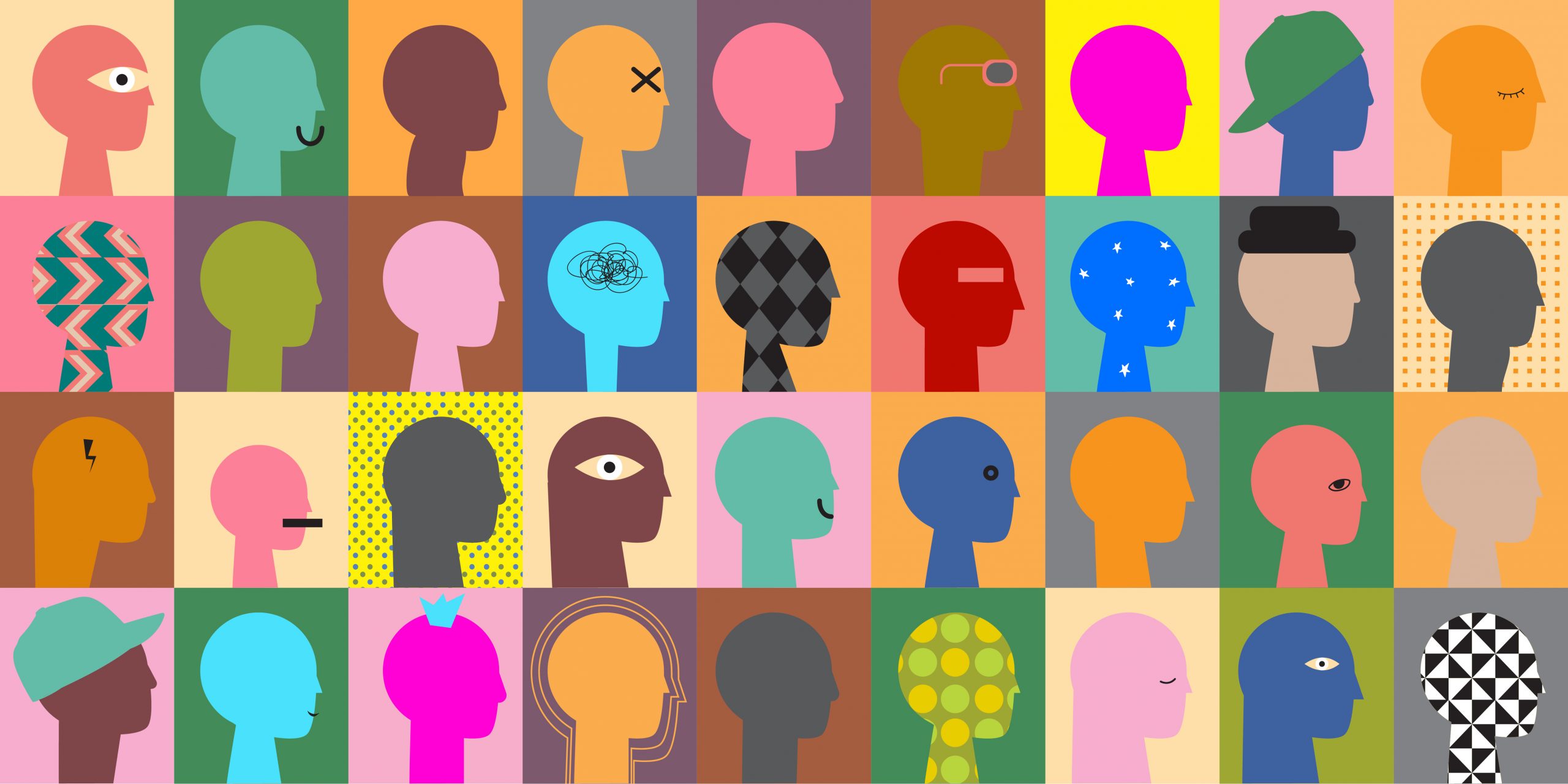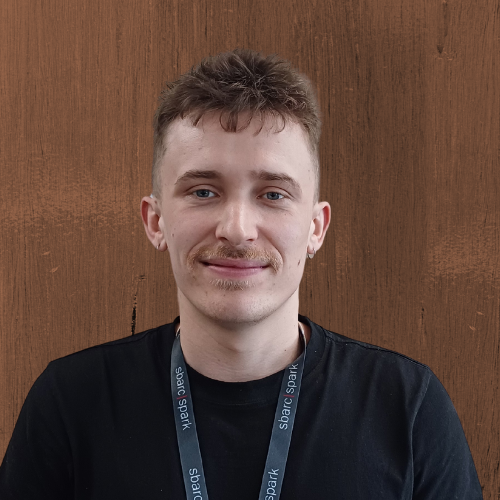
Dr Max Ashton joined DECIPHer in April 2024 as Research Assistant at The School Health Research Network (SHRN). Here he explains how his health research background will support the Network’s activities

As part of the new national Curriculum for Wales, Welsh Government has replaced outdated sex and relationships education (SRE) for Welsh schools with a new statutory relationships and sexuality education (RSE) curriculum. RSE slowly emerged in Wales between 2016 and 2022, in a lively and dynamic process of policy and practice reform engaging diverse stakeholders, including policymakers, teachers, parents and carers, children and young people, and academic researchers.
I was privileged to begin my research career during this period of tumultuous and progressive change, as an Economic and Social Research Council (ESRC)-funded PhD student exploring teachers’ perspectives on and experiences of the transition from SRE to RSE. Having recently completed my PhD, I have recently commenced my first academic post as a Research Assistant based within DECIPHer, supporting the activities of The School Health Research Network (SHRN).
Whilst emerging international research evidence suggests whole-school approaches are effective at supporting educational improvement, mapping their effects across school curricula can be challenging.
Research on health-related topics, including children and young people’s emerging experiences of relationships, gender and sexuality, necessarily involve engaging with complexity. Health itself is complex and multivalent – an area of human experience that incorporates political, religious, cultural, racial, spiritual, gendered, sexed, classed, and other frameworks of knowledge and meaning. Consequently, researching health topics demands that social scientists engage not just with the things people say and think, but their embodied and emotional experiences of personhood (1).
Within the Curriculum for Wales, many health-related topics including RSE, human rights, diversity, and the improvement of learner health and wellbeing are provided via a ‘whole-school approach’. Whilst emerging international research evidence suggests whole-school approaches are effective at supporting educational improvement, mapping their effects across school curricula can be challenging.
Working with SHRN feels like a perfect first step into my research career
Subsequently, researching health topics demands methodological diversity and flexibility. For some researchers, this means developing deep expertise in a small range of specific methods – but for me, it means a commitment to methodological pluralism. In previous work, I have investigated these topics through diverse qualitative and post-qualitative approaches, including interviewing, ethnographic observations, video and audio recording, photography, producing data poetry, and exploring the etymological roots of the words participants use to discuss teaching and learning in RSE (2).
In my new role supporting SHRN, I am refreshing my quantitative and administrative research skills, supporting the network to update survey metadata, develop new content for The School Environment Questionnaires circulated to participating school leaders, and conducting analyses of emerging trends in recent survey data. My work is also expanding into other areas of health research beyond RSE, including children and young people’s use of vapes/e-cigarettes.
Working with SHRN feels like a perfect first step into my research career after completing a PhD project challenged by the lasting impacts of the COVID-19 pandemic. Looking to the future, I aspire to continue bringing diverse research skills to bear on the complex topics of relationships, sexuality, health and well-being, in support of the continuous improvement of education in Wales.
- Ashton, M. R. 2024. Re\Assembling Welsh relationships and sexuality education: A post-qualitative journey through dynamic policy-practice contexts. PhD Thesis, Cardiff University.
2. Renold, E., Ashton, M. R. and McGeeney, E. 2021. What if?: becoming response-able with the making and mattering of a new relationships and sexuality education curriculum. Professional Development in Education 47(2/3), pp. 538-555. (10.1080/19415257.2021.1891956)
